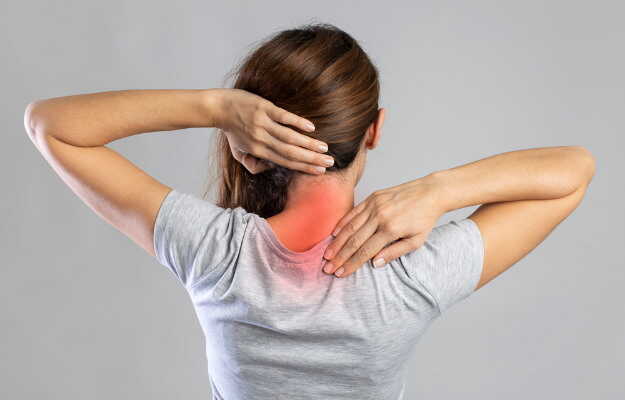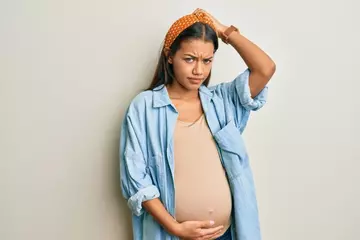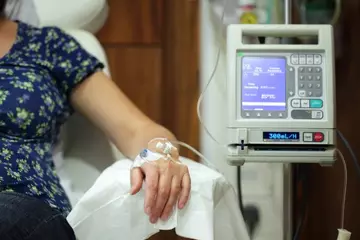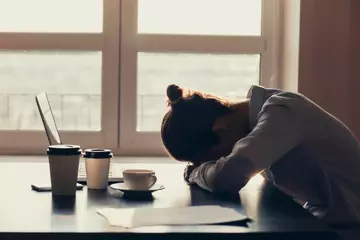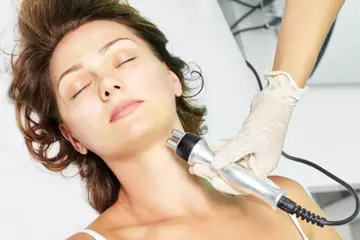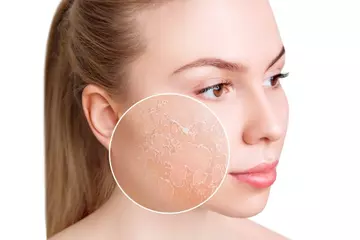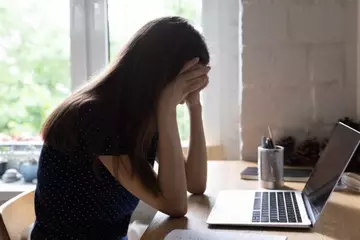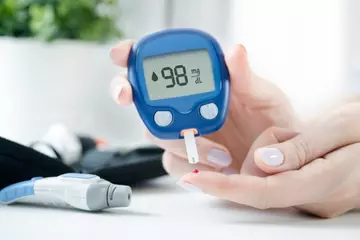What are head lice?
Head lice are minute parasites which thrive on the cells shed by humans and feed on their blood. Lice grow from nits, which are their eggs.
What are its main signs and symptoms?
It is very hard to point or to find out if somebody’s scalp is infested with lice, especially in the early stages when the lice are just nits. The main signs of head lice are as follows:
- Spotting – Sometimes while combing one can spot nits attached to the hair strands which fall off while combing, these are very small white granule-like structures attached to the hair strands.
- Itching – At later stages, the existence and growth of head lice result in frequent itching of the scalp as they penetrate inside the scalp for feeding.
What are the main causes?
Head lice (Pediculus humanus capitis) thrive and grow when the conditions and the temperature are favourable. Head lice are most often transferred from one host to another by direct or indirect contact. Studies show that head lice are most common in kids as they are in contact with other children when in schools or while playing.
Head lice can also occur due to sharing clothing with someone who is infected. Caps and scarves should not be shared with anyone and kept separately.
How is it diagnosed and treated?
There are no tests prescribed for the diagnosis of head lice. One can simply use a lice comb or examine the scalp and confirm the diagnosis.
Treatment for head lice includes medicated products including shampoos, oils and others which are often prescribed to be directly applied on the scalp and then washed or combed depending on the product. Some of the most common and widely used products in the market contain ivermectin to kill the lice and their nits.
Special combs with closely packed teeth are manufactured which greatly help in outing the lice and nits by simply combing in a straight fashion.
Necessary precautions include keeping everybody’s clothing separate and not sharing anything which goes around the head or the neck till the infestation with head lice is completely resolved.

 Doctors for Head Lice
Doctors for Head Lice  OTC Medicines for Head Lice
OTC Medicines for Head Lice
 Head Lice articles
Head Lice articles
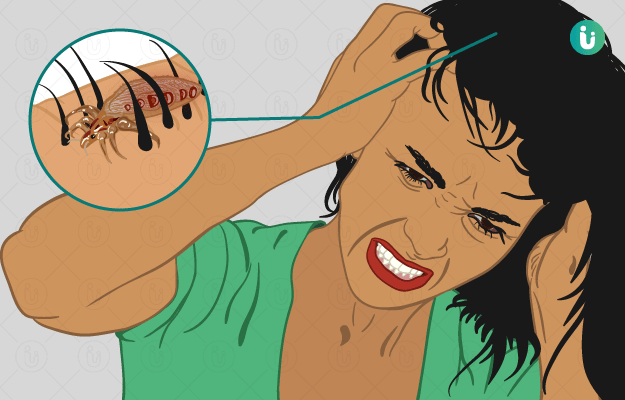
 Home Remedies for Head Lice
Home Remedies for Head Lice





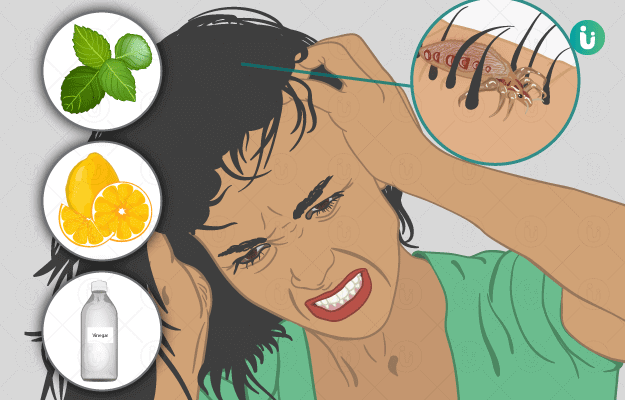
 Dr. Laxmidutta Shukla
Dr. Laxmidutta Shukla
